Story by:Bhargav TS
Competition in India’s automotive and auto parts industry has been growing in the recent years. Earlier, the regulatory framework and market conditions positioned the Indian OEMs in an oligopolistic market structure. With the opening up of the market and deregulation, many new players have entered the fray. Indian players are entering into joint ventures with foreign companies to gain access to their technological advancement and design engineering. In the auto parts segment, though there are vibrant units producing high-quality products and supplying to global OEMs, the market has attracted global players who have been expanding their product portfolio and enhancing their production capacities, thereby increasing the competition among the domestic players.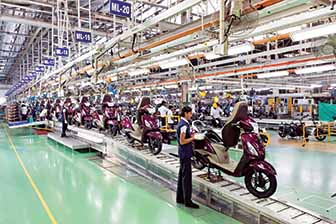
On the other hand, the regions and states in the country is also competing to attract more investors to their respective states. In this background south India offers better investment opportunities and a healthy business environment for several industries. The automotive industry is one that has thrived here and continues to do so. The latest data on investments reveal that the southern states continue to attract major investments. In that Tamil Nadu scores over its immediate neighbours of Andhra Pradesh, Karnataka, Telangana and Kerala.
In Tamil Nadu companies like Ford, Hyundai, Renault-Nissan, Mitsubishi, BMW India, TVS Motor, India Yamaha, Ashok Leyland, and Daimler India Commercial Vehicle have establised their plants. Supporting the OEMs are several automotive component manufactures that form a formidable supply base for the vehicle manufacturers. In fact the capital city Chennai has been having several component manufacturers since the 1950s. The Chennai-Bangalore industrial corridor is a major region for automotive players in the country. Karnataka, Andhra Pradesh and Telangana also are successfully wooing investment in the automotive space.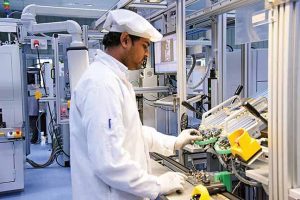
Tamil Nadu has a well-developed auto ecosystem and is among the top 10 automobile hubs worldwide. The state accounted for about 45 per cent of India’s motor vehicle exports in 2017-18. It also accounts for 35 per cent of India’s auto component production and has MRF, the largest tyre maker in the country. Chennai has an annual installed capacity of 1.71 million cars. India’s sixth largest city, often referred to as the Detroit of India, produces three cars a minute, one truck every two minutes and one motorcycle every six seconds. Recently, the French car maker, Groupe PSA announced its entry into the Indian market and aims to ‘be Indian in India’, to manufacture vehicles and powertrains in Tamil Nadu and to bring state of the art technology for an eco-friendly new product range.
Component majors like Rane, Lucas-TVS, Bosch, Valeo, Visteon, Delphi, Brakes India, Amalgamation Group, Samvardhana Motherson Group, Hanon Automotive, Wheels India, Allison Transmission, Turbo Energy, Titan Automation, Simpson, Roots, Wabco and BorgWarner operate from Tamil Nadu.
The Southern states have collectively emerged as hubs for IT, aerospace, automotive and defence manufacturing over a period of time. Many of India’s top ranking engineering colleges are located in the Southern states. These institutions are a source of high quality talent for the automotive industry. Bangalore, Hyderabad and Chennai are India’s IT / software hubs. With the highly skilled engineering talent available in these cities, they are emerging as important centers for automotive R&D.
In the auto components space too there are a lot of investments coming through in South India. German auto components maker Bosch Ltd opened its new factory at Bidadi, near Bengaluru, which is its fifth manufacturing plant in Karnataka.
There are several factors that work together towards making South India an attractive destination for automobile players. Some of them are industry-friendly government policies, proximity to ports, availability of land, strong auto component base and excellent pool of skilled talent and productive labour.
Telangana is all set to have 3 major lithium-ion (Li-ion) battery manufacturing companies, with a total capacity of 10 GW, setting their plants in an electric vehicle park in Hyderabad at an initial investment of around Rs 1,500 crore. The State government has earmarked 200 acres in E-City and Maheshwaram to develop an electric vehicle park. This could be scaled up to 800 acres to 1,000 acres. To build an electric vehicle ecosystem, the government has been offering companies several incentives such as low land prices and power and water at discounted rates.
Karnataka has emerged as the information technology (IT) hub of India. Bengaluru is the fourth largest technological cluster in the world after Silicon Valley, Boston and London and is nicknamed as Silicon Valley of India. Karnataka will consolidate on this with the emerging technologies like Big Data, Artificial Intelligence, IoT, Robotics and Nanotechnology.
Karnataka is the undisputed leader in the aerospace and defence manufacturing sector. It accounts for 70% of the supplier base of the sector in India. Since 2013-14, the state has approved 72 project proposals with an investment of Rs 14,720 crore with an employment potential for about 30,000 people.
The state is committed to emerge as the automobile capital of India. The future of the auto sector lies in electric mobility. Karnataka is the first state in the country to introduce a comprehensive and well-designed Electric Vehicle and Energy Storage Policy to provide bespoke policy ecosystem for this sector.
Andhra Pradesh has to its credit more than 100 automotive component manufacturers (including tier I suppliers and OEMs). Over half the cylinder liners and clutch plates in India are being produced in Andhra Pradesh. The state government has drawn up an Automobile & Auto Components Policy 2015-20 that aims to generate new employment opportunities for at least 2 lakh people and attract new investments of at least Rs 20,000 crore in the automotive sector by 2020. The government has initiated setting up dedicated suppliers’ manufacturing centres and auto clusters to leverage economies of scale and produce world-class product quality.
The government is in the process of setting up multiple world-class Automotive Suppliers’ Manufacturing Centres (ASMC). These centres shall be industrial parks dedicated to auto component manufacturers and suppliers which shall help them meet the expectations of Auto OEMs in terms of product quality. Also being set up are two major auto clusters (apart from the ASMCs) which will cater to automotive companies, in the PPP mode in districts of Nellore and Chittoor.
Kerala is dotted with some of the biggest automotive dealerships in the country. Apollo Tyres Ltd., the leading tyre manufacturer in India, has its manufacturing plant in Perambra, Thirussur. It was incorporated in 1972. The company acquired Premier Tyres in Kalamassery in 1995. MRF has a tyre manufacturing plant in Kottayam in central Kerala.
The auto components major Delphi is present in Kerala through Delphi Connection Systems India which is based in Kochi. Kerala Automobiles Limited (KAL), incorporated in 1978 as a Government of Kerala undertaking near the capital city of Thiruvananthapuram, manufactures three-wheelers (diesel, petrol and CNG) suitable for passengers and goods traffic in the brand name of ‘Kerala’. They are considered as eco-friendly vehicles. KAL produces also pickup van, delivery van, auto chassis, and hydraulic tipper
The KAL plant at Aralumoodu, near Neyyattinkara, is scheduled to commence production of electric buses for the Kerala State Road Transport Corporation (KSRTC) by April 2020. The company has recently signed an MoU with the Swiss e-bus manufacturer HESS. ACI



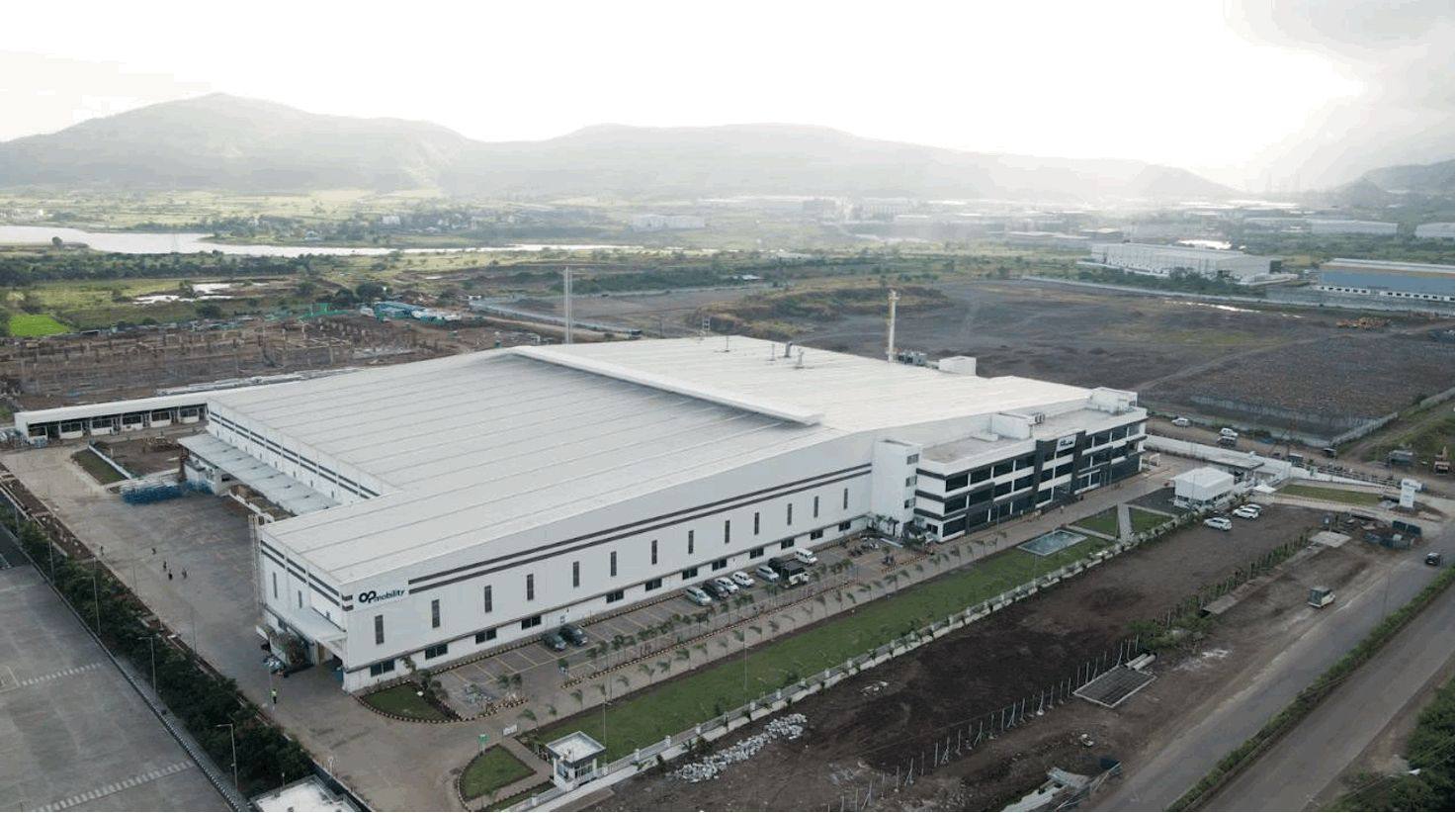
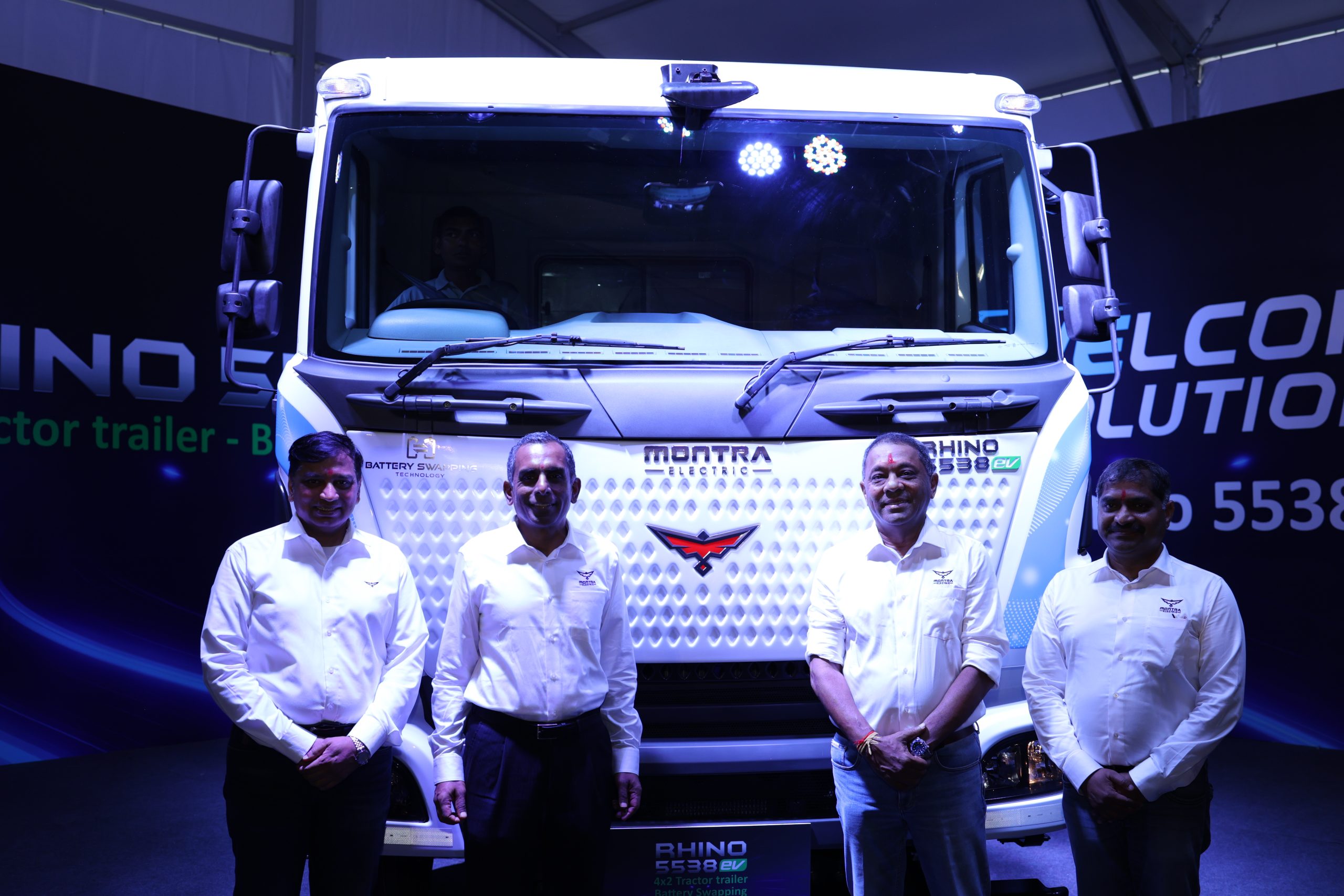
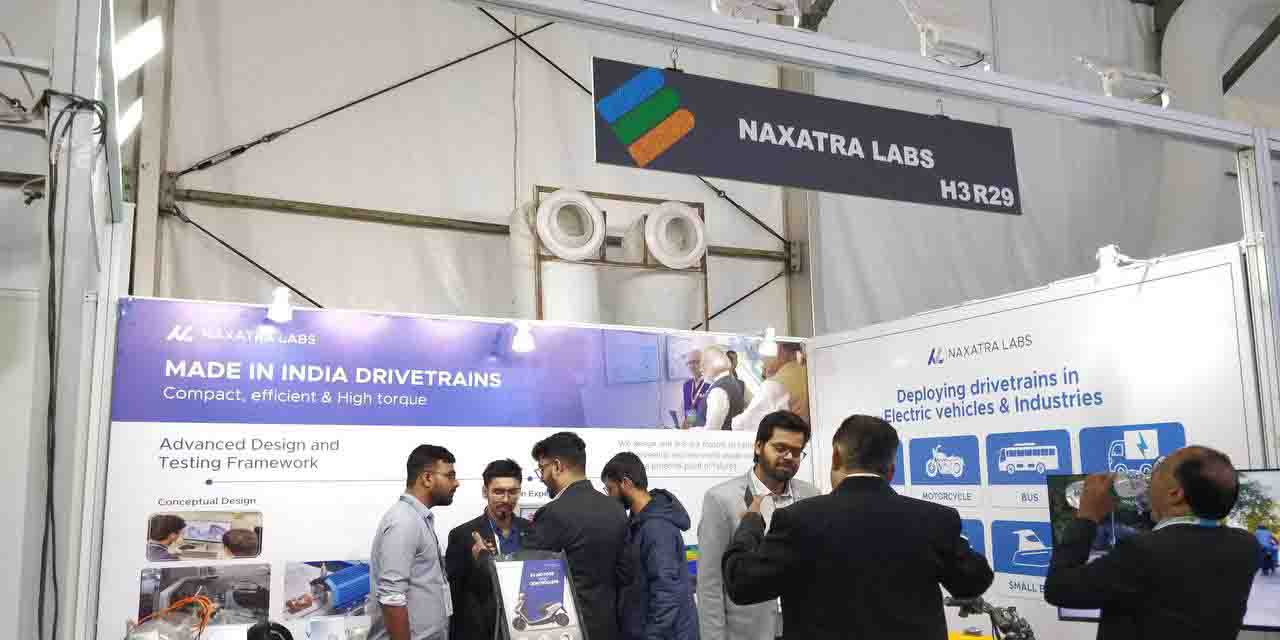
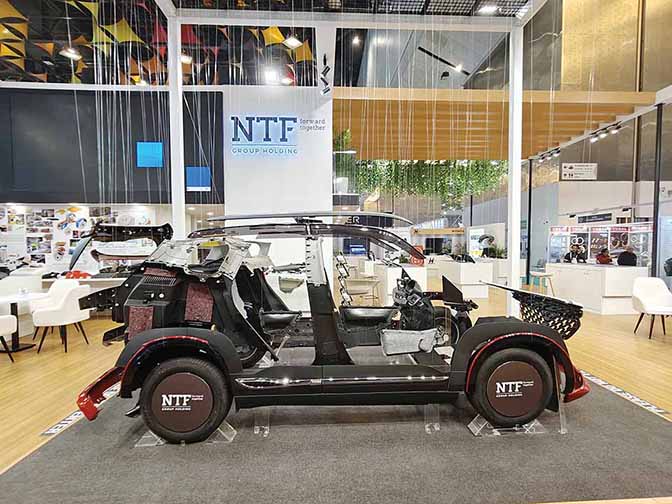
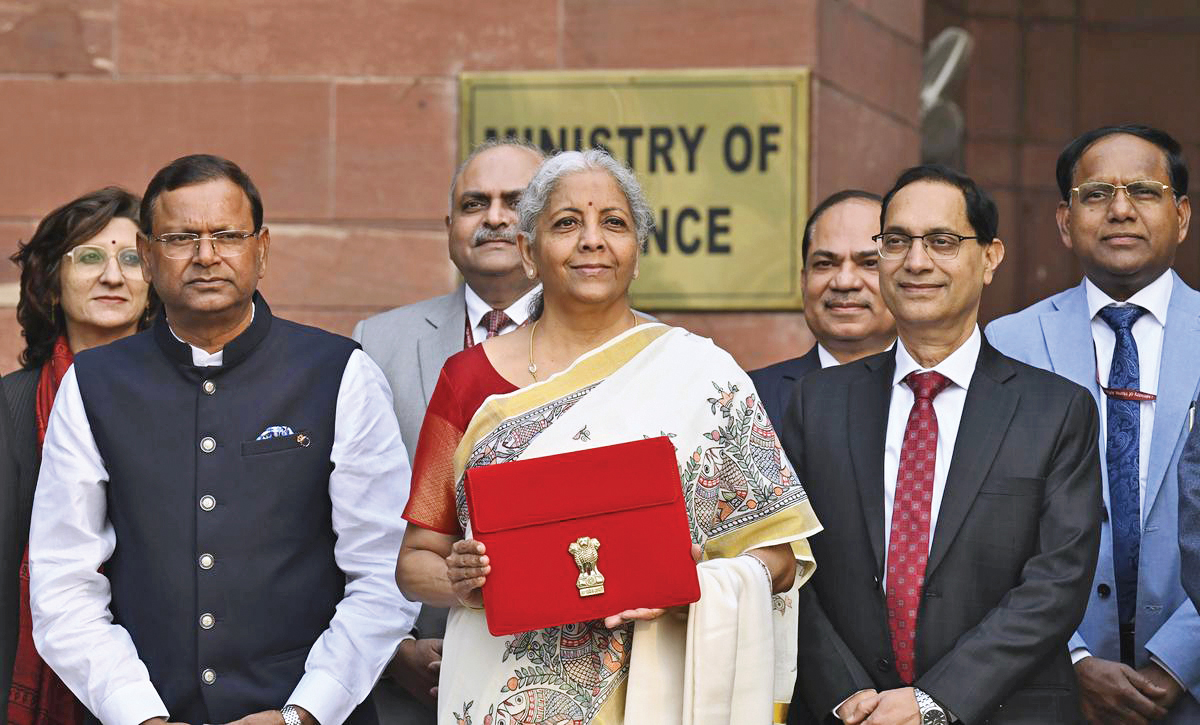




Leave a Reply